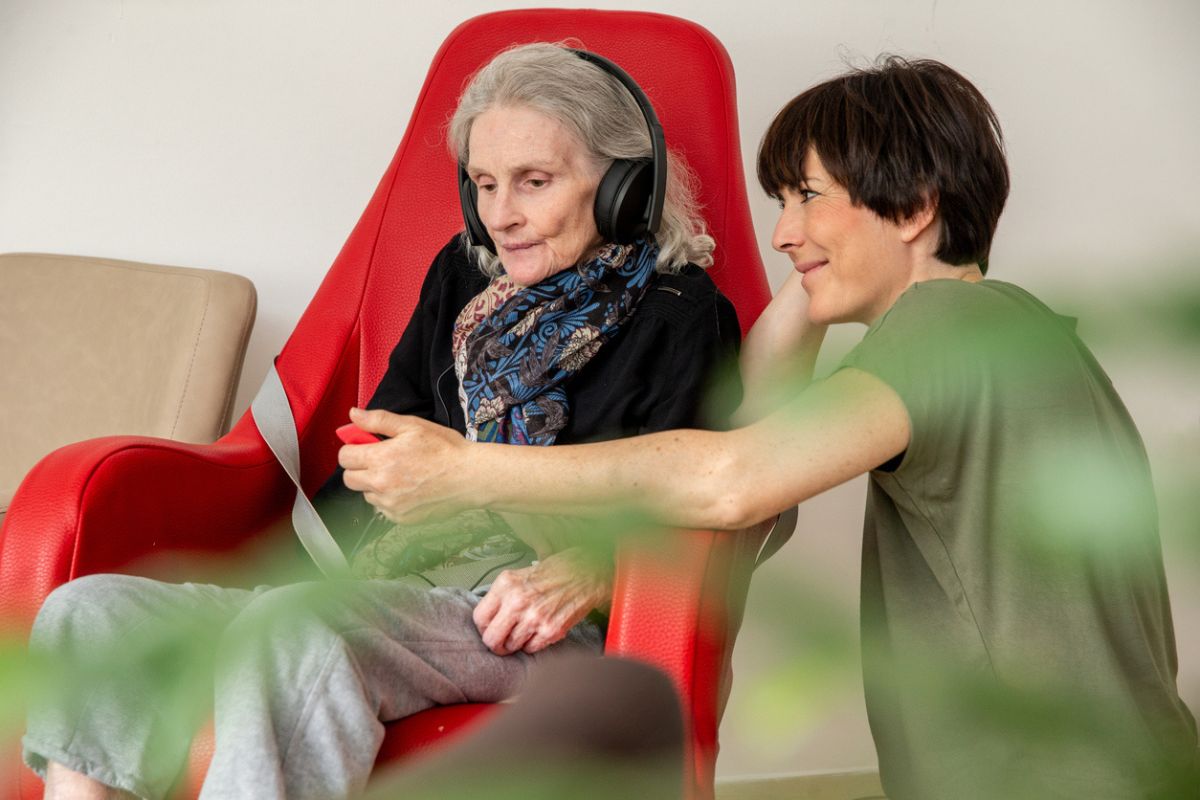A 19-year-old man in China is the youngest person ever to be diagnosed with Alzheimer’s disease.
The case, presented in a recent issue of the Journal for Alzheimer’s Disease, described a male teenager from Beijing who began experiencing gradual memory loss and difficulty concentrating at the age of 17. He was unable to recall where he placed his belongings or what had happened on the previous day and experienced delayed reactions and reading difficulties, the authors said. His scores on the World Health Organization-University of California Los Angeles Auditory Verbal Learning Test (WHO-UCLA AVLT) also confirmed severe memory impairment.
Based on his presentation the researchers performed extensive medical testing to diagnose the patient with probable Alzheimer’s. An imaging technique using 18F fluorodeoxyglucose to examine his brain revealed atrophy of the bilateral hippocampus and hypometabolism in the bilateral temporal lobe; these are early markers for the disease. Further studies of the patient’s cerebrospinal fluid showed an increased concentration of p-tau181 and a decreased amyloid-β 42/40 ratio. Whole-genome sequencing revealed no known gene mutations.
Brain Atrophy in First-Episode Psychosis of the Elderly
Association of Alopecia Areata and the Risk of Dementia
Treatment Challenges and Emerging Therapies in Early-Stage Alzheimer Disease
Early-onset Alzheimer’s disease is quite rare. Only 5 to 10 percent of cases are diagnosed in people under the age of 65, according to the latest update of the Blue Cross Blue Shield (BCBS) Health Index. However, the same report highlighted a 200 percent increase of Alzheimer’s diagnosis from 2013-2017 in people ages 30 to 64.
While no single cause has been identified, research indicates early onset of the disease likely results from multiple factors, including genetics, lifestyle and environment. Likewise, experts recommend a multi-component approach to tailor treatments to each patient’s needs. There is no known cure for any form of Alzheimer’s though prompt diagnosis and early intervention has been shown to slow its progression.
“This case brings attention to the heterogeneous nature of dementia that can involve people at any age,” said George Perry, who is a professor at the University of Texas at San Antonio and the editor in chief of the journal. “Significantly, this finding may separate Alzheimer’s disease from the complexity of aging and open the field to new concepts to promote innovation.” Perry was not involved in the study.
What makes this case even more puzzling is the fact that unlike this teen, nearly all patients younger than 30 who are diagnosed with early onset Alzheimer’s possess pathological gene mutations. Previously, the youngest patient ever to have been diagnosed with Alzheimer’s was a 21-year-old who carried a gene mutation known to be associated with the condition.
“This is the youngest case ever reported to meet the diagnostic criteria for probable [Alzheimer’s disease] without recognised genetic mutations,” the authors said



